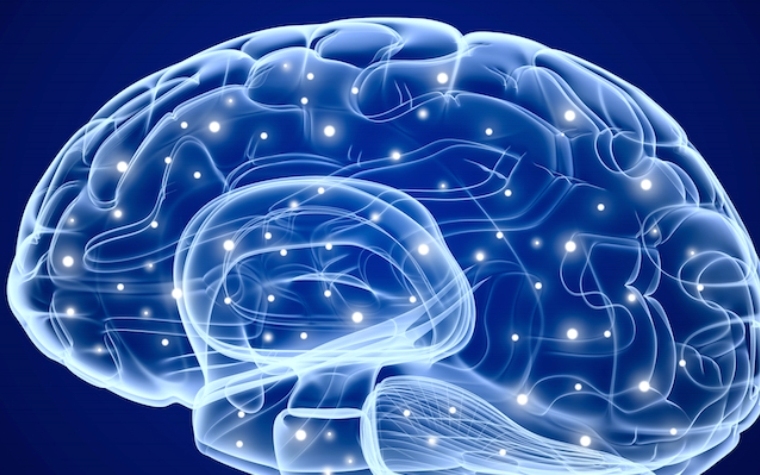
The National Institutes of Health (NIH) has awarded several grants for studies focusing on neuroethical matters regarding the use of deep brain stimulation in certain disorders and related patient consent in the wake of a recent workshop exploring ethical issues associated with research involving neural devices.
The workshop, hosted by the NIH and titled “Ethical Issues in Research with Invasive and Non-Invasive Neural Devices in Humans,” covered ethical and practical aspects of neuropsychiatric studies utilizing invasive and non-invasive procedures, an NIH release said. In support of further exploration, NIH assigned funding to research team at four university sites via its Brain Research through Advancing Innovative Neurotechnologies (BRAIN) Initiative.
Grants were awarded to researchers at Baylor Medicine in Houston; Cleveland Clinic Lerner College of Medicine; University of California, San Francisco; and Stanford University. Each team will conduct research on newer technologies for recording brain activity and patient interviews in the interest of addressing ethical concerns among patients, caregivers and practitioners, the release said.
“Neuroscience is rapidly moving toward a new frontier of research on human brains that may have long-lasting and unforeseen effects,” Dr. Walter Koroshetz, who directs NIH’s National Institute of Neurological Disorders and Stroke, said in the release. “These new awards signal our commitment to research conducted in a responsible way as to anticipate all potential consequences and to ensure that research subjects have a clear understanding of the potential benefits and risks of participating in studies.”